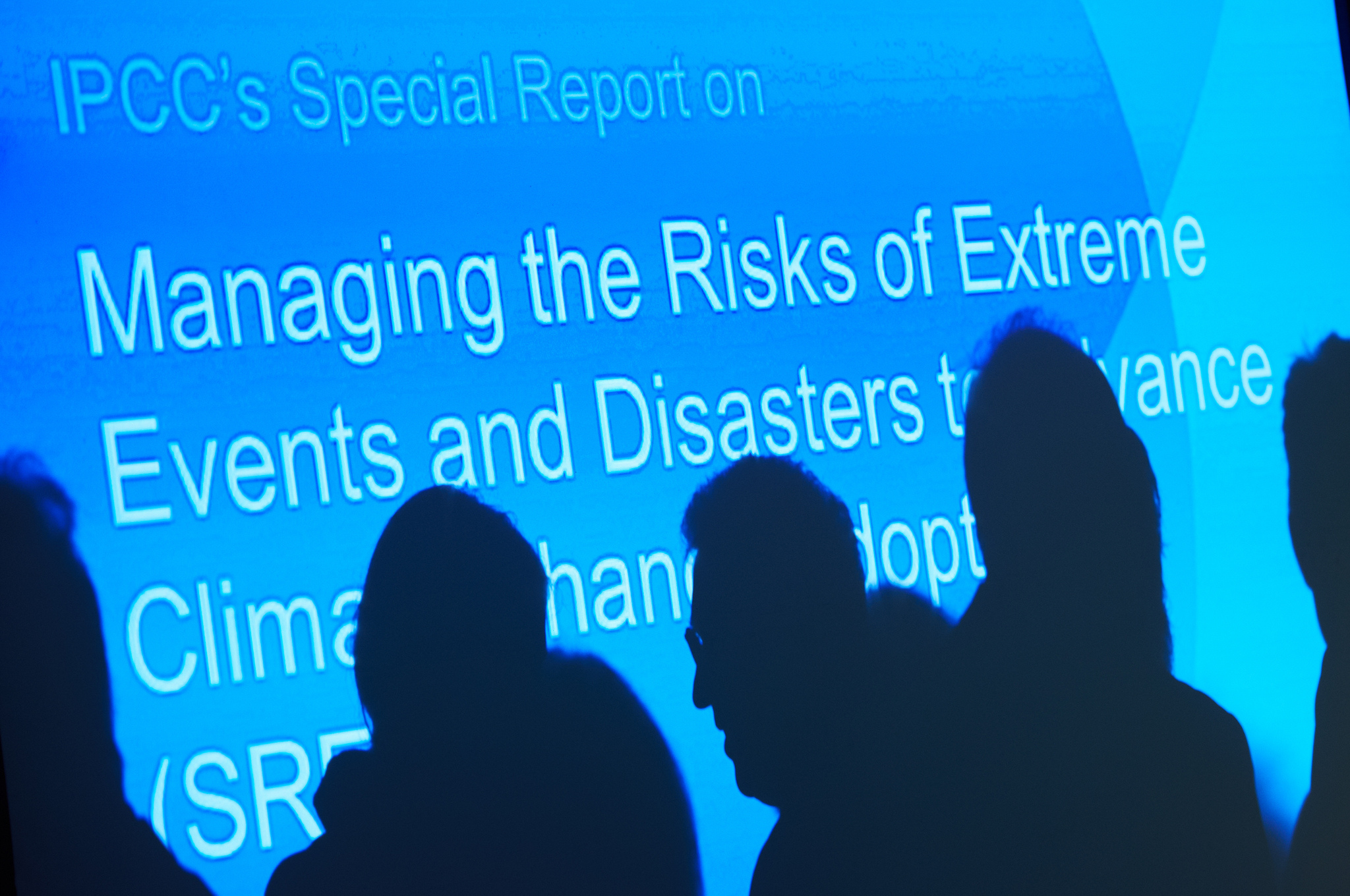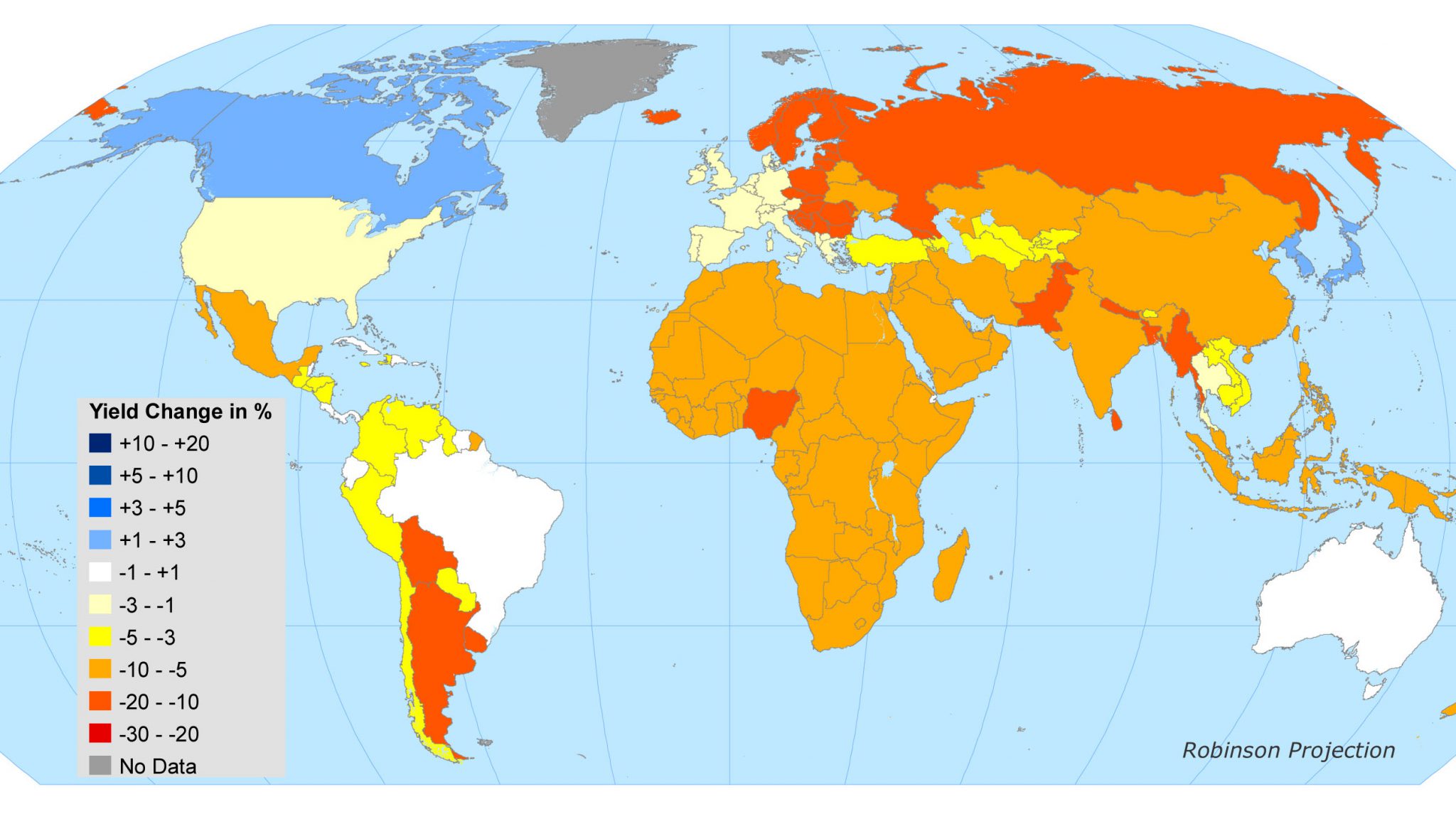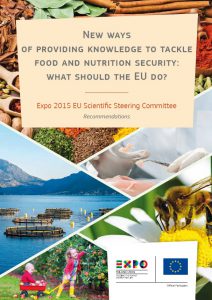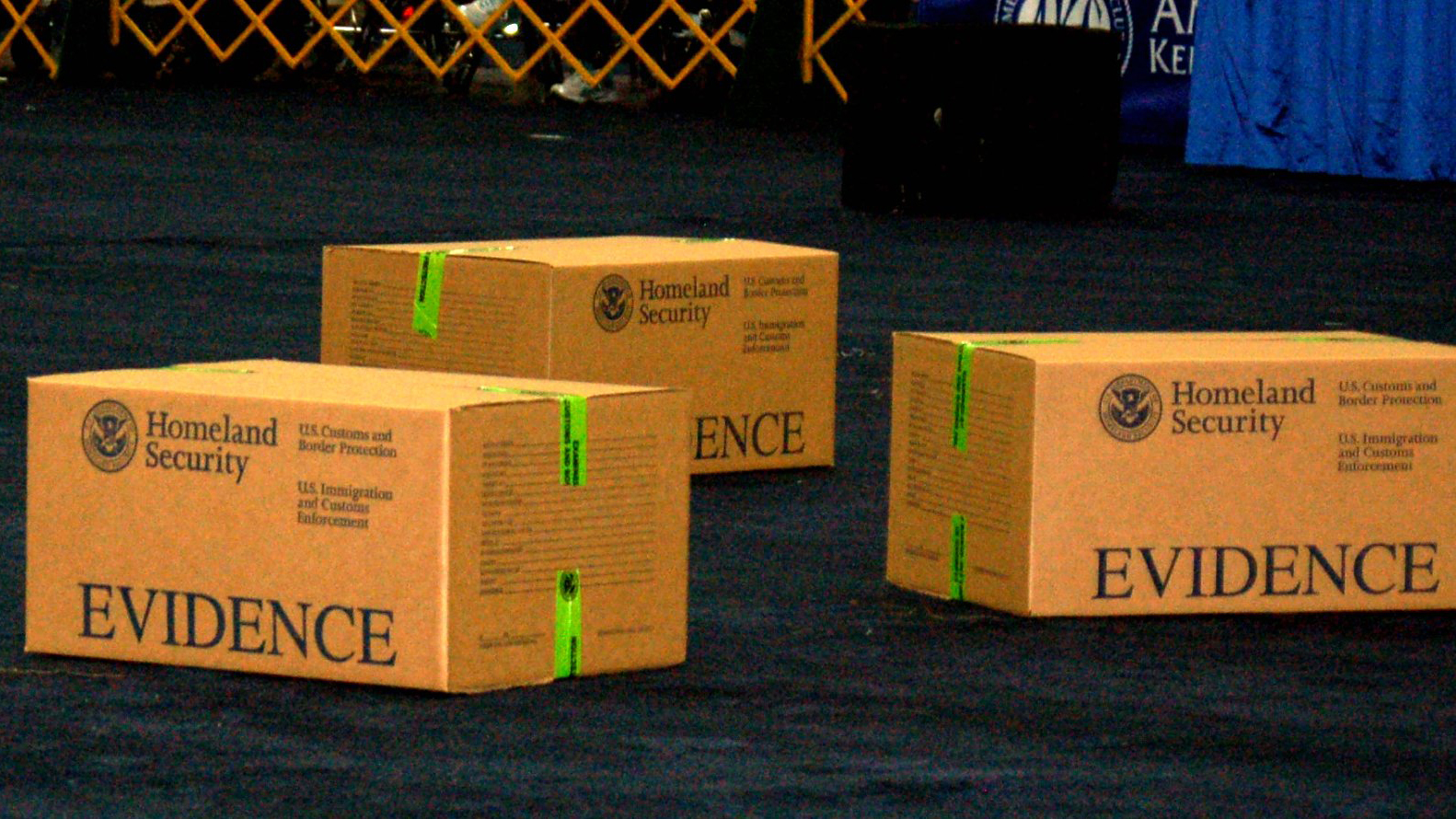A common voice is needed to make the most of the evidence, says Global Food Security programme Champion Tim Benton.

Across the world there are a very large number of food experts and commentators, each a vocal advocate of their own analyses, disciplinary backgrounds and framing assumptions.
But whilst they are all well-meaning, there is very little agreement about either what should be done or how it should be done. Different communities of academics – developed vs developing world, agriculture vs nutrition, ‘sustainable’ vs industrial – major on different analyses and different sets of actions.
There are some powerful committees – such as the High Level Panel of Experts on Food Security and Nutrition (HLPE) – and some powerful synthesis reports, but there remains a lack of a coherent voice from the hundreds of thousands of academics around the world who work on food.

The question is: do we need one? And if so, what should its remit be?
The IPCC brings together the weight of evidence and the community
The Intergovernmental Panel on Climate Change (IPCC) – through its long history – has given a voice to the whole academic community, rather than a smaller number of motivated, high-profile and well-supported advocates.
The IPCC mechanism brings together the global community of academics working on climate systems, and how they interact with other aspects of the world. They sift the literature and analyse the evidence, building communities of practice in order to ask questions around mechanisms, consequences, mitigation and adaptation.

We need something like this for food. We need it to bring the evidence base together for the whole food system. We need it to explore the interventions that could be made and their outcomes. We need it to develop ideas that will work.
With the Paris Agreement and the Sustainable Development Goals (SDGs) requiring urgent action, we need a better understanding of what to do, and fast. And this needs to have the weight of real understanding behind it – so it cannot be dismissed as ‘that’s only Professor X’s silly idea’.
International Panel on Food and Nutrition Security

The idea of an IPCC-like idea for food was first floated in our final report (PDF). The originator of the idea, Joachim von Braun a Professor for Economic and Technological Change at the University of Bonn, published the arguments as a working paper (PDF) with Matthias Kalkuhl, and more detailed a peer-reviewed paper is in press.
The idea is not to replicate exactly the IPCC – the institutional overhead costs are huge – but to create a mechanism to give a more coherent and powerful voice to the community through it being officially and governmentally supported.
It shouldn’t be like the IPCC in another important aspect: it shouldn’t seek to build scientific consensus. This sounds counter-intuitive, so it needs an explanation.
The weight of evidence shifts as the system boundaries expand
The issue is that – much like the human-climate-weather system – creating sustainable food and nutrition security is too complex for any single ‘silver bullet’, or even a whole arsenal of silver bullets. We need to hit the right target at the right time – and avoid aiming at the wrong one. But amongst all the potential interventions, which have evidence to support them?
This is needed because the seemingly straightforward question of ‘evidence’ is anything but.
Evidence is rarely absolute. Instead, the way evidence is interpreted depends on the boundaries used to frame the issue. For example, the evidence that some people are starving can be taken by some as a need to increase food supply = grow more. Whereas another may say it is about distribution = share more.
So one person’s evidence for ‘X’ might be another person’s evidence for ‘not X’ – whether the X is grow more or grow less, or whether food should be cheaper or more expensive.

This is where I can see this new panel coming to the fore: framing the challenges and then championing evidence-based solutions.
The key thing is to synthesise the evidence, uniformly and collectively, in such a way that “lack of evidence” cannot be an excuse not to act, or to act in a way that won’t lead to the desired outcomes.
The Paris Climate Agreement would not have happened without the IPCC. Given that food, food security and climate are so intertwined, achieving a Paris-compliant global food system needs urgent and significant action. And to help make this happen, academic stakeholders in the food system need a common voice.
Add your comment, and follow Tim on Twitter: @timgbenton.
About Tim Benton
Tim Benton is GFS Champion and an interdisciplinary researcher working on issues around agriculture-environment interactions. Formerly, he was Research Dean in the Faculty of Biological Sciences, University of Leeds, and Chair of the Africa College Partnership, an interdisciplinary virtual research institute concerned with sustainable agriculture in sub-Saharan Africa. He has worked on the links between farming and biodiversity (and ecosystem services) for many years.



You make a very good argument for an IPCC-like institution. It is certainly needed. But surely, rather than risk creating potentially rivalrous and overlapping institutions, competing for the same small pot of money, it would be better to press for a broadening of the High-Level Panel of Experts of the Committee on World Food Security, to which you refer. The HLPE, like the IPCC, has the advantage of being embedded in, and getting legitimacy from, the UN system. It also benefits from strong civil society participation. And, in its short life, it has already translated analysis into various guidelines (land tenure, responsible investment …) that are gaining international acceptance. Like the IPCC, however, it is highly vulnerable because its budget ($1.4 M)relies on voluntary contributions from a handful of donor governments.
There has been a proliferation of new institutions within the food security and nutrition field and, rather than create yet another, surely it makes sense to strengthen the mandate, outreach (especially into the academic community), capacity and budget of what already exists and shows promise, rather than trying to construct yet another.
Andrew MacMillan
Thanks Andrew. In an ideal world, yes; but the point of the IPCC-like institution is to bring the voice of the entire community into action, and not channel it through the filters of a small set of experts. If you look at the IPCC, each report has a huge authorship (and therefore a huge amount of work put in to synthesise the literature by the community), it is very “bottom up” and community-led, rather than top down. I have huge respect for people on the HLPE, but a dozen or so experts is different from creating a voice for the 1000s of academics who actively work in the area..
NO! Just implement COP3 UNFCCC-IPCC protocol food within 1-2 years as soil expands Wheel invented just turn it see here by 2020 lower 8Bn Tonnes CO2 pa meeting UNFCCC 100yr rule https://www.youtube.com/watch?v=YbI8YZmBP8g
Tim, Many thanks. I agree fully with your assessment of the weakness and narrowness of the HKPE I would have thought, however, that the threat of creating another scientific institution relating to food management would be sufficient to induce the CFS to replace the HLPE with something much more akin to the IPCC. You would conserve the overall governance structure of the CFS (bringing together governments, and most streams of civil society) while greatly strengthening the scientific input into its work. This would be a much SMARTER way to get what you want, rather than embarking on the creation of yet another (underfunded)institution.
Sorry to go on about this! I an worried, however, about the proliferation of intergovernmental institutions within the nutrition and food security arena, which not only compete with each for attention, expertise and money, but which also have to spend an increasing amount of their time on coordination, building consensus and bringing governments on board.
Wouldn’t it make sense for you, von Braun and others concerned to meet with the CFS chair and secretariat, as well as the FAO and WHO heads to explore a possible path to change towards what you would like to see?
Andrew
A complex area that would require astute framing of issues across linked land uses and social requirements. Conflating food production, human nutrition and biodiversity. Tradeoffs are rife. For example animal welfare directly impacts on wildlife conservation: free range chickens and pigs ‘destroy’ habitat, extensive organic farming takes in hand marginal land at cost to wildlife. Paying more for food to reflect externalised enviro impacts of farming affects food expenditure of lower earners.
Love idea but wielding it would be quite a job!